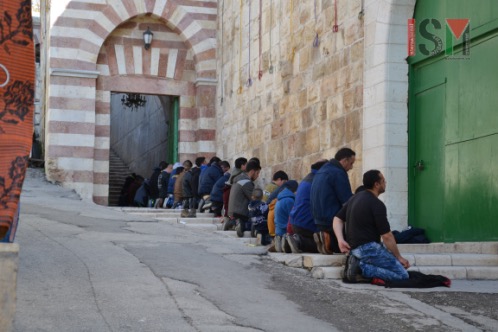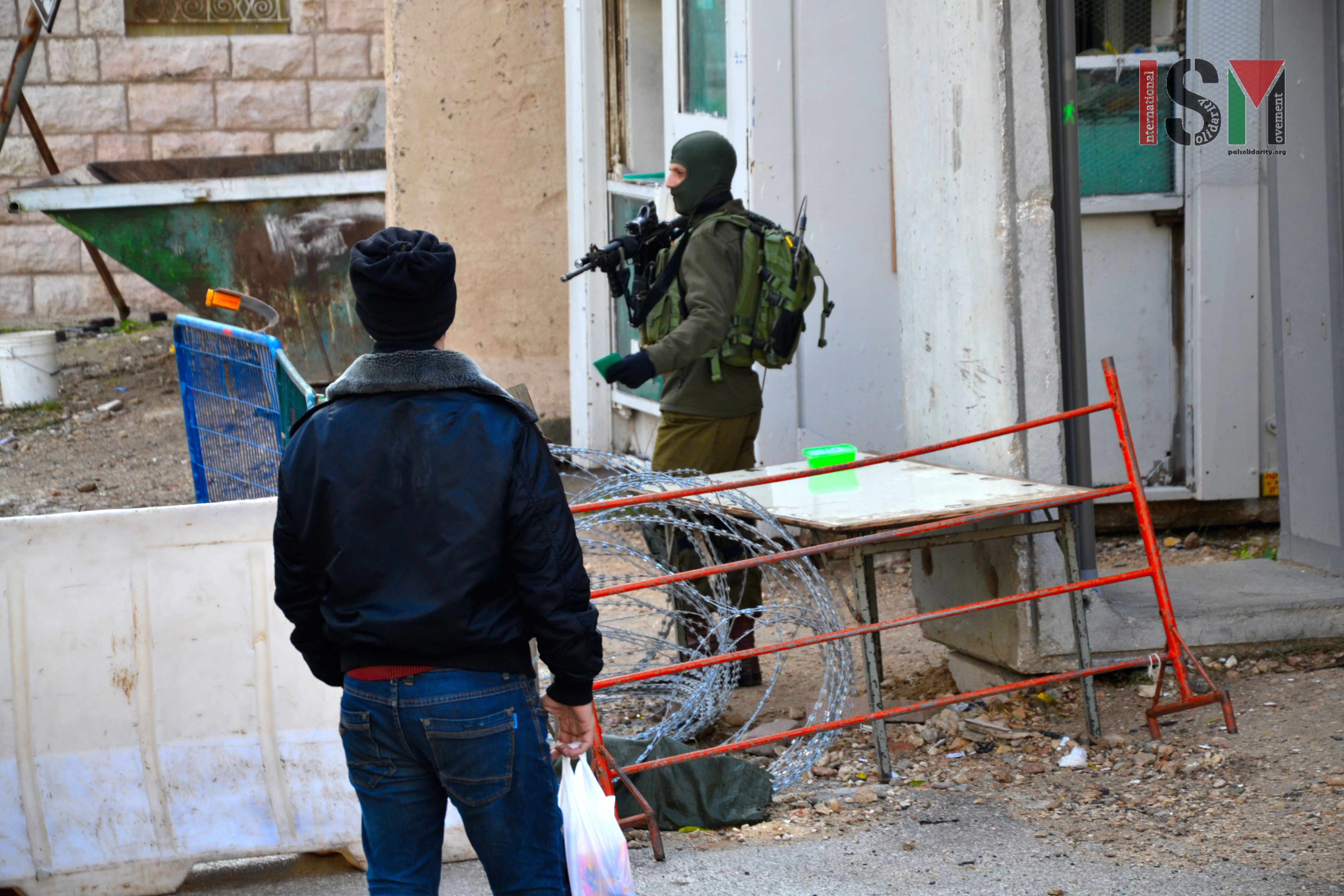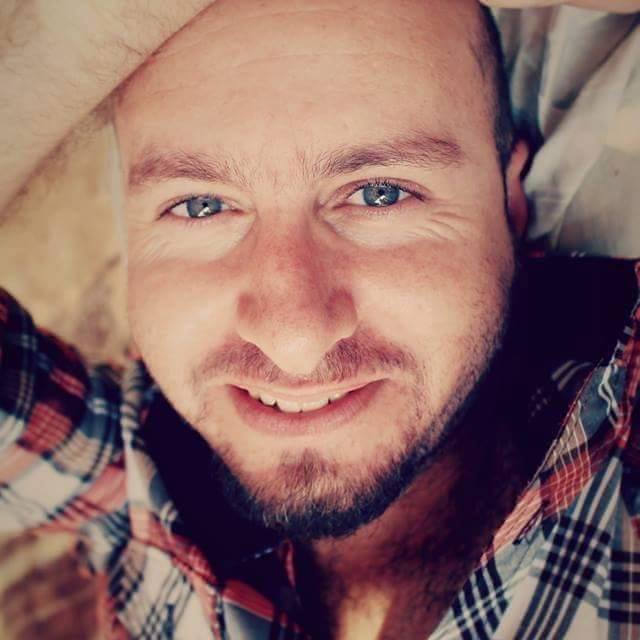Tag: BDS
-

Israeli forces are solidifying their grip on Hebron
17th February 2017 | International Solidarity Movement, al-Khalil team | Hebron, occupied Palestine On February the 3rd 2017, a new permanent stone checkpoint in front of the Ibrahimi mosque in occupied Hebron, was brought into use. The checkpoint, which has been under construction since July 2016, was thus inaugurated just one month before the 23rd…
-

Photo story: Gilbert checkpoint impeding Palestinian daily life (January 2017)
31st January 2017 | International Solidarity Movement, al-Khalil team | Hebron, occupied Palestine In the old city of occupied al-Khalil (Hebron), Palestinians’ freedom of movement is impeded by a large number of Israeli checkpoints. In the Tel Rumeida neighborhood, many school-children and teachers are forced to pass at least one, often more, checkpoint daily on…
-

End medical apartheid: Israel kills patient Abd al-Kareem after banning him to enter Erez for treatment
27th December 2016 | International Solidarity Movement, Gaza team | Gaza, occupied Palestine On 26th December, Israel occupation kills the patient, Abd al-Kareem Nahid Abu Halloub, a 32 year old, from Gaza after preventing him to get his treatment in a hospital in the West Bank. The patient, Abd al-Kareem, had been suffering for…
